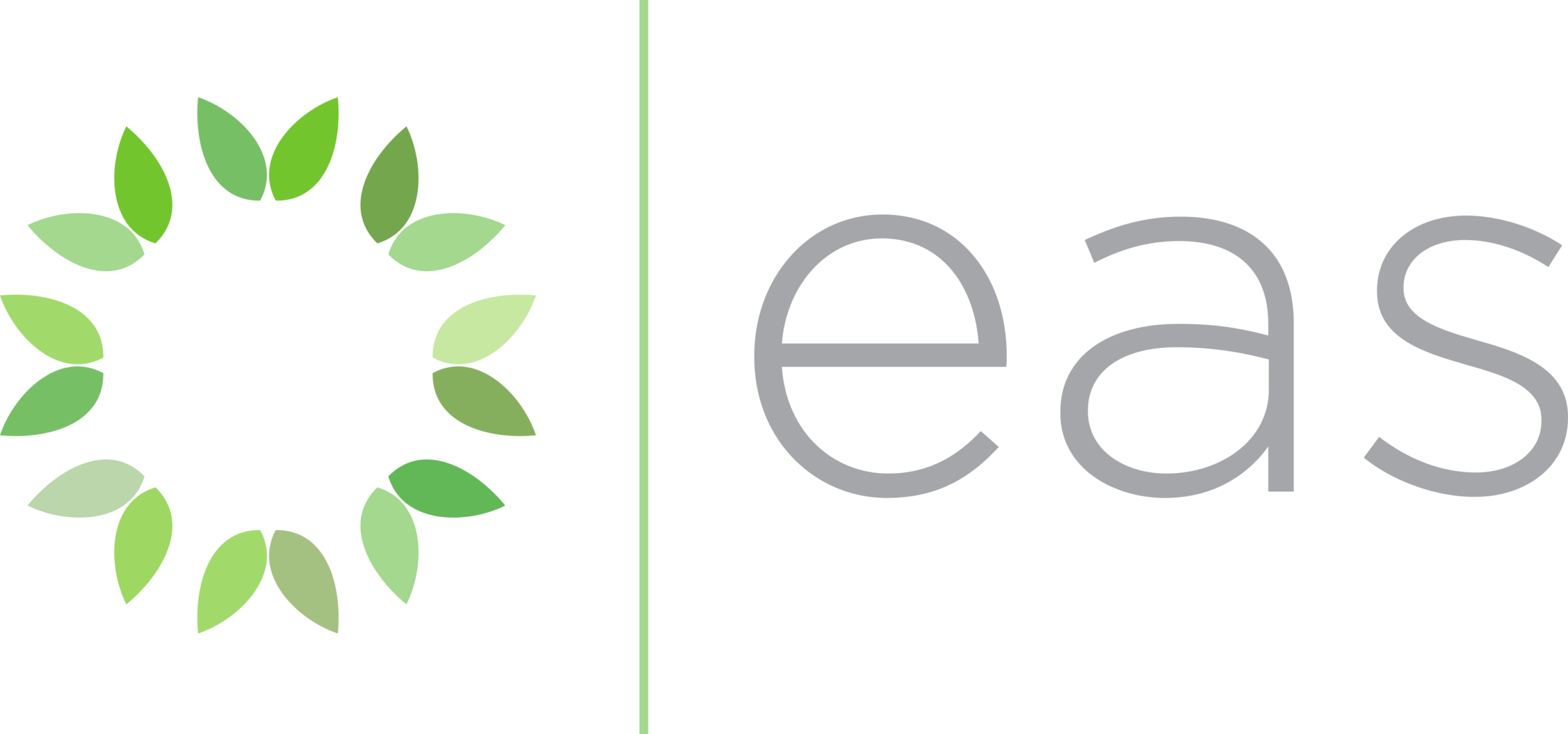Voluntary Carbon Projects
We guide organisations to achieve quality standards in Voluntary Carbon Projects.
Ensuring integrity in Voluntary Carbon Markets
In the realm of voluntary carbon markets, integrity is paramount—not just for environmental impact but also for stakeholder confidence. Guiding organisations through the complexity of selecting and adhering to carbon standards, our expertise, gained through almost 20 years of working in this space, ensures projects meet rigorous, verifiable emission reduction and sustainable development criteria.
With a deep understanding of global and local environmental contexts, we tailor projects to uphold the highest integrity and sustainability levels. Our commitment to high integrity and adherence to the Core Carbon Principles ensures that your project’s emission reductions are accurately quantified, contributing to genuine and impactful climate solutions, meeting the market expectations of quality.
How we work with you
Specialising in measurement, reporting, and verification, we extend our expertise beyond consultancy, supporting organisations at every stage of their project’s lifecycle. Our commitment is to ensure that your projects—whether newly developed, under review, or in need of auditing—are not only impactful and compliant but also achieve quality standards. We aim to streamline the complexities of the carbon market, facilitating a seamless journey that enriches our environment.
Our expertise allows us to navigate the complexities of projects through comprehensive due diligence. Our approach includes a comprehensive assessment, documenting potential project risks relating to unique considerations pertinent to the project’s operational country, standard and methodological requirements related to governance and operational elements. Our assessment extends to project-level requirements such as data, safeguards, and benefit-sharing structures. This is complemented by a financial viability analysis, covering project development costs, field measurement, monitoring, third-party validation, verification expenses.
Our team is dedicated to advising on the selection of the most suitable standard and methodologies for the project. We take the lead in crafting comprehensive measurement and monitoring plans, focusing on the quantification of emission reductions that meet the methodology and program standards. Our team specialize in project documentation that both completes the various standard templates to get you through verification as well as standard operating procedures and supporting manuals to ensure completeness and consistency in measurement and reporting. Capacity building of your team throughout the process can ensure your projects success.
EAS offers audit support, expertly steering projects through the intricate validation and verification process. By conducting detailed evaluations, we support the ongoing integrity and compliance of your project, underscoring its significant contribution to carbon reduction efforts. This meticulous process is designed to facilitate a seamless and successful assessment, reinforcing the robustness and sustainability of your environmental initiatives.
Beyond specific project phases, we are here to offer advice and insights on any aspect of VCM projects. Leveraging our vast experience and expertise, we provide strategic consultancy tailored to navigate the intricacies of the carbon market effectively. Whether you’re exploring new opportunities or seeking to enhance the value of existing projects, our team is ready to assist.

Key projects
Infinite Earth
Rimba Raya, located in Central Kalimantan, Indonesian Borneo, and is one of the largest REDD+ peat swamp forest projects in the world, avoiding nearly 130 million tonnes of carbon emissions. The project provides a buffer zone between the palm oil industry and the Tanjung Puting National Park, home to one of the last remaining wild populations of orangutans on earth. Project activities support livelihood programmes in surrounding villages (addressing all 17 of the UN Sustainable Development Goals) to provide education and employment. EAS engaged with this project for a number of years to efficiently and effectively achieve verification in accordance with the Voluntary Carbon Standard. Our team also enhanced their monitoring framework to more effectively monitoring the full impact of this significant conservation project.
New Zealand Carbon Farming
EAS delivered comprehensive support, beginning with advising on the most suitable methodology to ensure compliance with Voluntary Carbon Standard (VCS) requirements. We lead the design and development of robust measurement and monitoring plan, including quantification of emission reductions to meet the methodology and VCS Program standards. Additionally, we provided essential support and guidance to the client through their first validation and process with a third-party Verification and Validation Body (VVB), ensuring a smooth and successful evaluation.
The Nature Conservancy
Blue carbon ecosystems play a significant role in both climate change mitigation and adaptation solutions. This is evident by their recent recognition in countries Nationally Determined Contributions (NDCs) and this increased global focus has contributed to the establishment of enabling restoration environments with opportunities in the voluntary carbon markets. EAS provided advice to the Nature Conservancy Aotearoa New Zealand (TNC) and the Ministry for the Environment (MfE) on mechanism to advance and incentivise the protection and enhancement of these vital blue carbon ecosystems. We participated in research aimed at advising on the policy, legal, data sources and market conditions necessary in Aotearoa New Zealand to establish a voluntary or regulatory blue carbon credit market.
RSM
Since 2023, EAS has supported RSM as subject matter experts in remotely sensed data analysis and modelling of biomass change under the Australian Carbon Credit Unit Scheme. Our team focuses on verifying adherence to the regulatory guidelines for a number of project types including savanna burning and human induced regeneration. Our tasks include evaluating the quality of spatial files generated from land use change classification algorithms and adherence of modelled events to specific guidelines. This process includes thorough documentation and a rigorous peer review process.
About Environmental Accounting Services
As a purpose-led professional services consulting company with over two decades of experience, we are dedicated to delivering impactful, science-based solutions that create a positive impact.
Our team specialises in land sector environmental reporting, climate disclosures, methodology development, capacity building, and implementation – aligned with international best practice.
We love sharing our knowledge to build your capacity so you can pass it on.
Our Projects

Developing a National Biochar Soil Carbon Method for Aotearoa New Zealand
Biochar is rapidly emerging as a viable soil-based carbon removal pathway and is attracting increasing interest from countries seeking to expand and strengthen their National Greenhouse Gas Inventories (NGHGIs).

Supporting Australia’s Agricultural Sector to Prepare for Mandatory Climate Disclosures
As Australia progresses toward a low-emissions economy, the introduction of mandatory climate-related disclosures in January 2025 marked a significant shift for businesses—particularly in the agricultural sector.

Greenhouse Gas Reporting in the FLAG sector
As awareness grows around the environmental impacts across entire value chains, particularly in the agricultural sector, the Greenhouse Gas Protocol has released updated guidance to support improved estimation and reporting of emissions.

Pioneering Sustainable Fisheries: Moana New Zealand’s Journey to Achieving Science-Based Targets
Moana New Zealand, the largest Māori–owned fisheries company in Aotearoa (New Zealand), has long been a steward of some of the world’s most pristine and

How Active Massage Cut Their Carbon Footprint by 59%
Witnessing the impacts of climate change firsthand in her native home of Florida, Gray Campbell understands the severe effects it can have on a beautiful

Enhancing Carbon and Energy Management Training: A Success Story with Carbon Energy Professionals
As the need for expertise in climate change and energy management grows, Carbon Energy Professionals (CEP), a leader in carbon and energy management training, recognised

